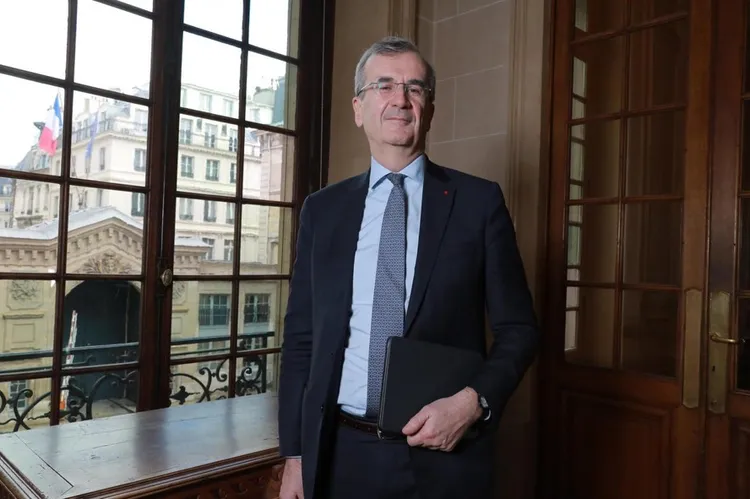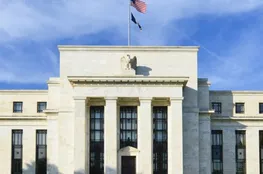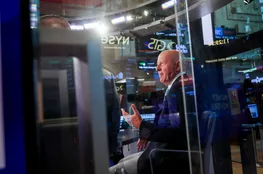ECB’s Villeroy: The ECB Could Still Cut Rates Despite Oil Market Volatility Recent geopolitical instability, specifically the conflict in the Middle East, has introduced a new layer of uncertainty into the European Central Bank’s (ECB) monetary policy deliberations. However, according to ECB Executive Board Member Pierre Villeroy de Galissonnay, the underlying inflation outlook remains relatively stable, with inflation expectations continuing to hold at moderate levels. Despite the significant surge in oil prices, the Euro has demonstrated a notable appreciation, effectively mitigating some of the upward pressure on inflation. This dynamic suggests a nuanced approach from the ECB, recognizing that the immediate impact of the oil market volatility is not yet translating into a fundamental shift in the economic landscape. It’s important to acknowledge that the ECB’s response will not be dictated solely by fluctuations in commodity prices, particularly when considering the broader economic context.
The ECB’s strategy centers on a data-dependent, meeting-by-meeting assessment of the evolving situation. This approach emphasizes a cautious and adaptable stance, prioritizing the thorough analysis of incoming economic data rather than relying on pre-determined reactions to specific market events. The current uncertainty surrounding the Middle East conflict introduces a degree of unpredictability, necessitating a flexible response. The ECB recognizes that a sufficient spillover effect onto underlying inflation and a potential de-anchoring of inflation expectations would be crucial catalysts for a change in monetary policy. This careful consideration underlines the bank’s commitment to safeguarding price stability and maintaining confidence in the Euro.
Currently, the ECB is operating in a ‘wait-and-see’ mode, primarily until the September meeting. This period of observation allows the bank to gather more information and assess the long-term implications of the geopolitical events. The market’s pricing suggests that December represents the most probable month for the next interest rate cut. However, this prediction hinges on continued moderate inflation and a lack of significant negative impacts from the Middle East conflict on the Eurozone economy. The ECB’s leadership is keen to avoid premature policy adjustments, preferring to maintain a stable monetary environment while closely monitoring the economic trajectory. The bank’s strategy reflects a commitment to prudent risk management and a sustained focus on achieving its inflation target.
Ultimately, the ECB’s decision-making process will be shaped by a comprehensive evaluation of economic indicators, including but not limited to GDP growth, employment figures, and wage developments. The bank’s commitment to a data-driven approach, combined with a flexible and adaptive strategy, positions it to navigate the complex economic challenges posed by the Middle East conflict and maintain the stability of the Eurozone economy. The emphasis remains on a measured response, prioritizing long-term stability over short-term market reactions. The ECB's forward guidance indicates a willingness to adjust policy as needed, ensuring that monetary policy remains aligned with the evolving economic realities of the Eurozone.
























